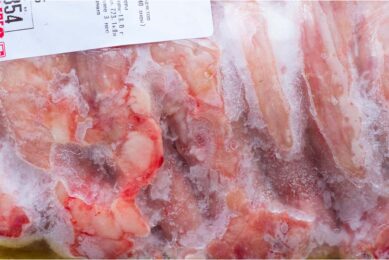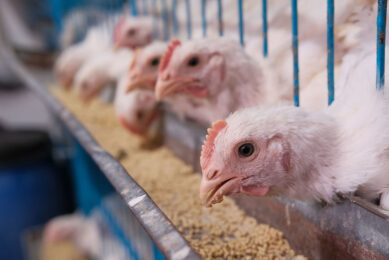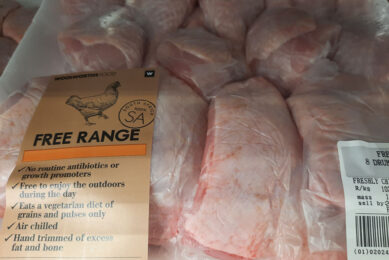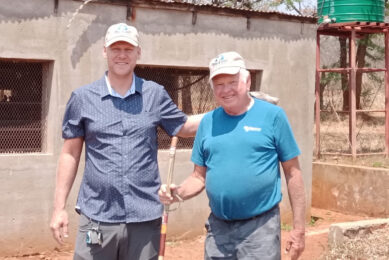US resolves poultry export issue with South Africa
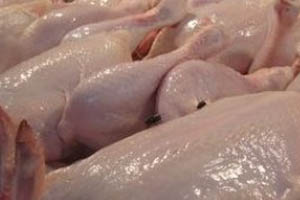
The United States and South Africa have reached a definitive agreement to allow US chicken producers to resume exports of US chicken parts to South Africa.
The agreement between the two governments effectively finalises a pact negotiated last June between the US and South African industries to reopen the South African market to bone-in US chicken parts, which have been excluded since 2000.
The change of policy was prompted by the Obama administration’s promise to take back other trade preferences if the country didn’t cooperate. In November, US President Barack Obama gave South Africa 60 days to drop barriers to US farm produce being imported into South Africa or face sanctions.
Regionalised HPAI bans
Under the agreement, the US is granted an annual quota of 65,000 metric tons of chicken that will be increased incrementally each year. South Africa also agreed to a policy of regionalisation in the event of future detections of highly pathogenic avian influenza in the US. Previously, if HPAI were detected in the US, South Africa would impose a nationwide import ban on poultry. Under the new agreement, bans would be imposed only on individual states affected by the virus.
Also read: Case Study: South Africa’s growing poultry consumption
“We’re pleased that this process has reached a successful conclusion and that US chicken can again be shipped to South Africa,” said Jim Sumner, president of the USA Poultry & Egg Export Council (USAPEEC) and National Chicken Council (NCC) President Mike Brown. USAPEEC and NCC negotiated an agreement with the South African Poultry Association (SAPA) to end the South African chicken embargo in Paris last June, which required the support and approval of the respective governments.
“US and South Africans to benefit”
“Although success will ultimately be realised when US chicken is imported into South Africa, this announcement is a positive step to bringing increased economic benefits to US chicken farmers and companies across the country,” Sumner and Brown continued. “But the real winners are South African consumers, who will now be afforded even more options when it comes to wholesome protein sources.”
US Ambassador to South Africa Patrick Gaspard, who took part in the Paris negotiations between USAPEEC, NCC and SAPA, repeatedly and forcefully elevated the issue of market access for US chicken to his counterparts in South Africa. Meanwhile two US senators, Coons and Isakson led an effort in the Senate to withhold preferential trade benefits from South Africa under the African Growth and Opportunity Act unless South Africa reopened its market to US chicken.




